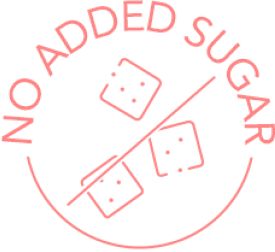Gluten- Free Flour Options for PCOS

Gluten is the name for a group of proteins found in grains like wheat, barley, and rye. Gluten provides texture, retains moisture, and promotes elasticity to bread and other baked goods.
Everyday foods that commonly contain gluten include:
- Pasta
- Bread
- Crackers
- Cookies
- Pastries
- Cakes or Pies
- Cereal
- Beer
- Jowar/ Sorghum : The sorghum grain is high in fiber and protein, which can help slow sugar absorption. It also contains an abundance of the mineral iron, as well as antioxidants that help you fight inflammation. It has a light color and texture, as well as a mild, sweet flavor.
- Amaranth: It’s rich in fiber, protein and the micronutrients manganese, magnesium, phosphorus, iron and selenium. These nutrients aid brain function, bone health and DNA synthesis
- Millet: It is a starchy, protein-rich grain. It provides plenty of phosphorus and magnesium — and finger millet packs more calcium than any other cereal. Millet is a gluten-free grain that’s rich in antioxidants, soluble fiber, and protein. In particular, it may lower cholesterol and blood sugar levels.
-
Buckwheat: It is one of the few natural sources D-chiro-Inositol (DCI), a compound that may provide interesting health benefits for women suffering from polycystic ovary syndrome (PCOS) and related conditions such as hirsutism or insulin resistance.
-
Soya: The information on soya for PCOS is rather conflicting but here's our take on it! Soya flour is made from Soybeans which are a rich source of plant-based protein and fat. The high fiber content is good for your gut health. It is rich in vitamin K1, folate, copper, manganese, phosphorus, and thiamine. Soya can have multiple health benefits if consumed correctly.
When including soy into your diet, keep these things in mind:
- Choose whole food sources, like soybeans or edamame, to get the most benefit. Avoid processed versions like soy protein isolate or soybean oil.
- If you include soy into your diet, include no more than 2-3 servings per week.






